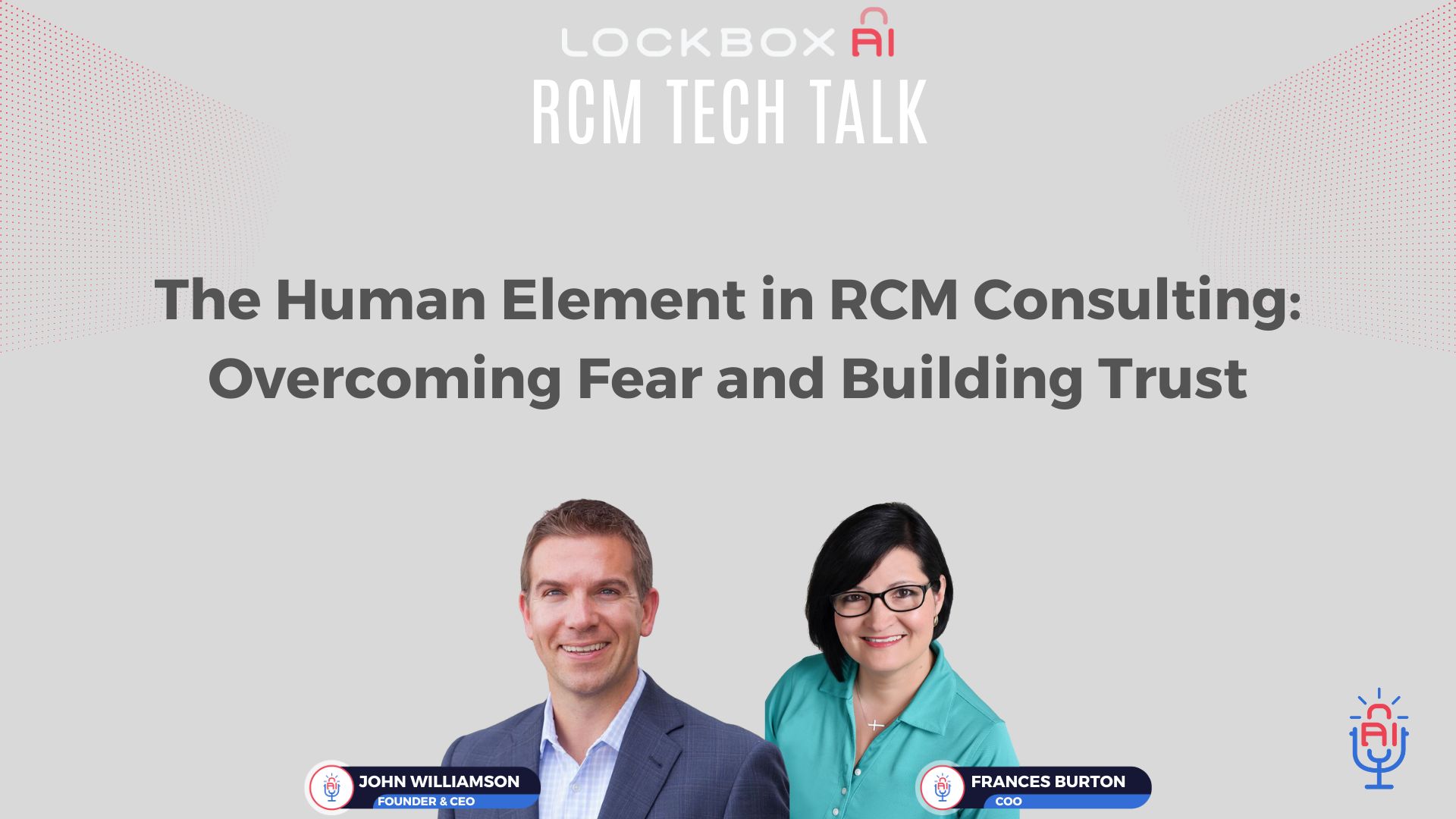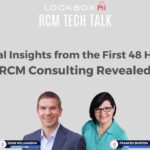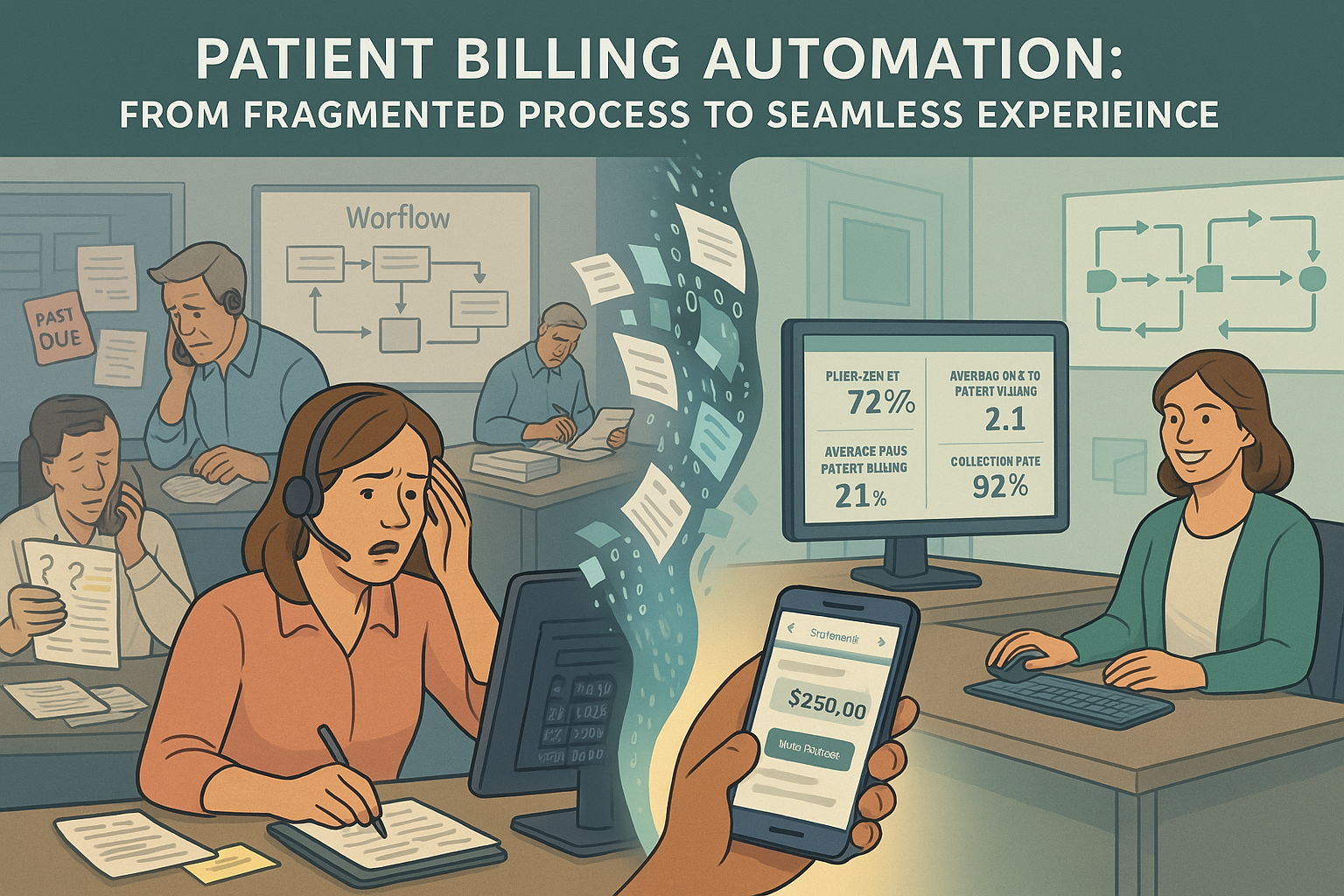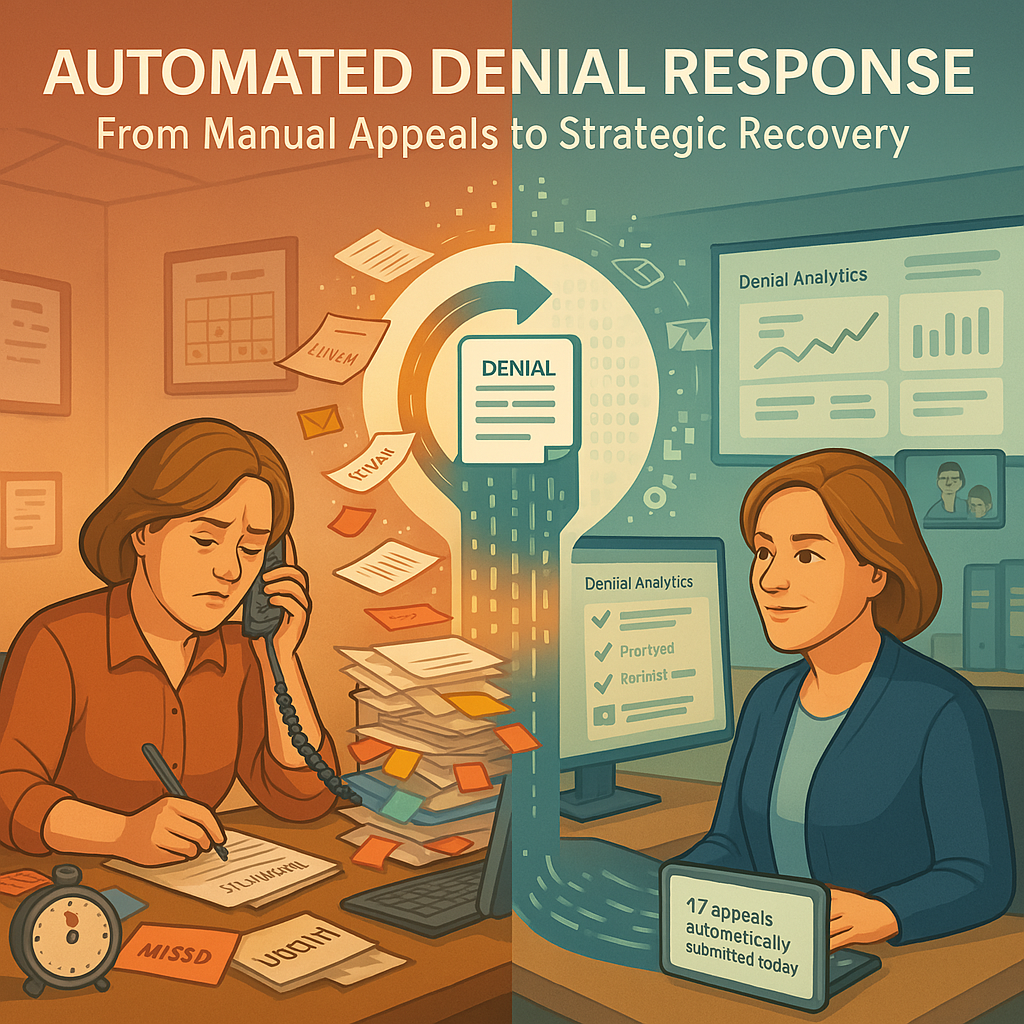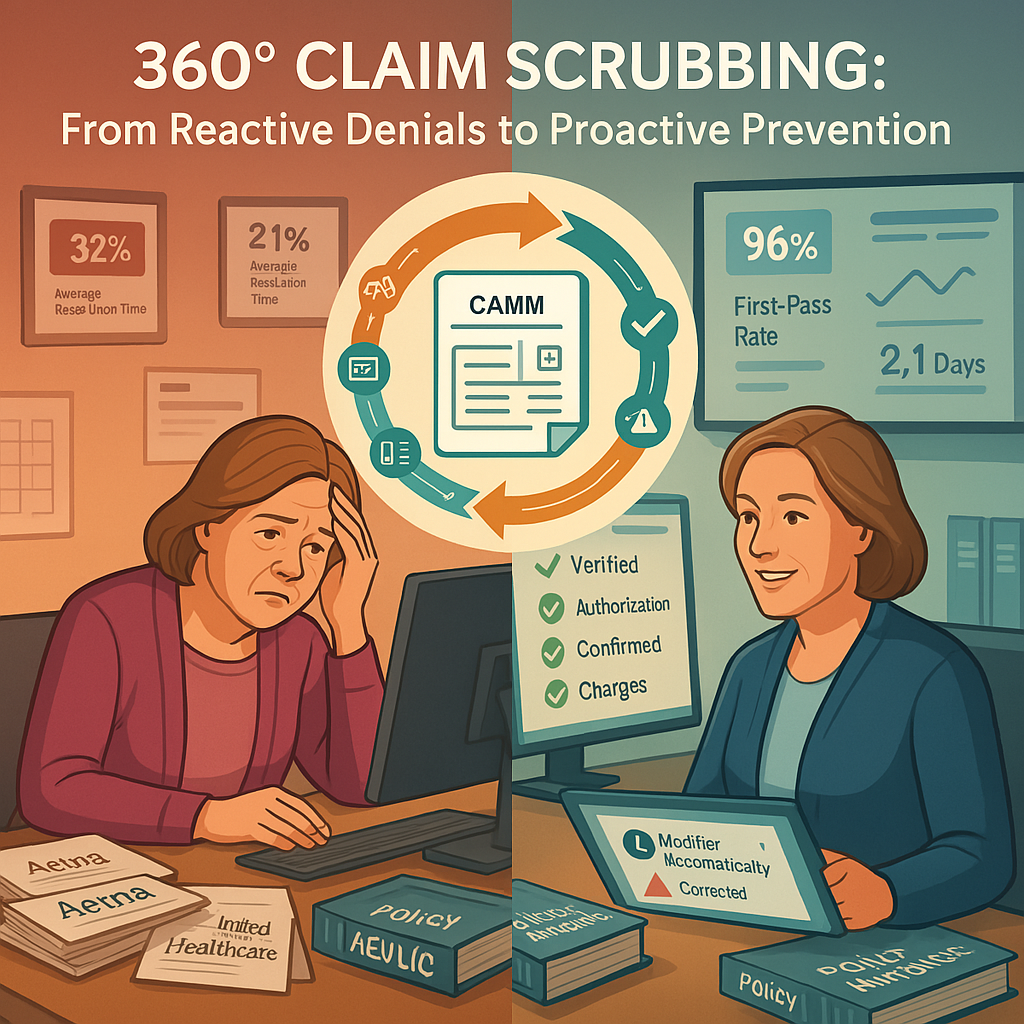The Human Element in RCM Consulting: Overcoming Fear and Building Trust
In the world of Revenue Cycle Management (RCM), bringing in a consultant often stirs up a whirlwind of emotions among staff, from anxiety to outright fear. This reaction is not uncommon, and it stems from a simple yet powerful force: the fear of the unknown. The introduction of an outsider into a well-established team can trigger concerns about job security, potential changes, and the possibility of being judged or exposed for mistakes. However, the success of an RCM consulting engagement often hinges on how these human elements are handled from the very beginning.
The Fear Factor: A Common Initial Reaction
When a consultant arrives on-site, the initial reaction from the team is often one of trepidation. This fear is rooted in uncertainty—team members might not know why the consultant is there, what changes they might recommend, or how those changes will affect their roles. Some may feel threatened, worrying that the consultant is there to point out their shortcomings or to initiate drastic changes that could upend their work environment.
It’s not unusual for team members, including RCM directors, to express their confusion or frustration directly. They might wonder why they weren’t consulted first or why their input wasn’t sought before the decision was made to bring in an external expert. This reaction is perfectly understandable; after all, it’s human nature to resist what we don’t fully understand.
The Role of the Consultant: Becoming an Advocate
Addressing these fears head-on is crucial for a consultant. The key to easing this anxiety lies in building trust and positioning oneself as an advocate for the team, rather than an adversary. The consultant must quickly establish that their role is not to find fault but to identify opportunities for improvement that benefit everyone involved.
By listening carefully to the concerns of the team and involving them in the problem-solving process, a consultant can turn initial resistance into collaboration. It’s about showing the team that they have a voice, that their insights and experiences are valuable, and that the consultant is there to amplify that voice to the executives who make the final decisions.
Building Trust: A Crucial Component in RCM Consulting
Trust is the foundation upon which a successful consulting relationship is built. Without it, even the most well-intentioned recommendations can fall flat. A consultant must demonstrate that they are there to help, not to judge. This involves open communication, transparency in their actions and intentions, and a genuine effort to understand the day-to-day challenges the team faces.
For example, if the team believes that staffing is inadequate to meet the demands of the workload, the consultant’s role is to validate those concerns and present them to the decision-makers in a way that cannot be ignored. By proving that they are on the team’s side, a consultant can gain the trust necessary to foster a collaborative environment where real, meaningful improvements can take place.
Involvement in Problem-Solving: Engaging the Team
One effective strategy for building trust is to involve the team directly in identifying and solving the issues at hand. Often, those on the front lines have a deep understanding of the root causes of problems, even if they haven’t had the time or platform to fully articulate them. A consultant who listens and encourages team members to share their insights can uncover valuable information that might otherwise go unnoticed.
Moreover, when team members see that their input leads to tangible changes—whether it’s adjusting workflows, reallocating resources, or improving communication—they are more likely to embrace the consultant’s presence and support the initiatives being implemented.
Moving Forward Together
Ultimately, the goal of an RCM consulting is to leave the organization in a better place than they found it, with a more cohesive and effective team. By addressing the emotional and psychological aspects of the consulting process, a consultant can help transform fear and resistance into trust and collaboration. This not only makes the consulting process smoother but also ensures that the changes implemented have a lasting, positive impact on the organization.

